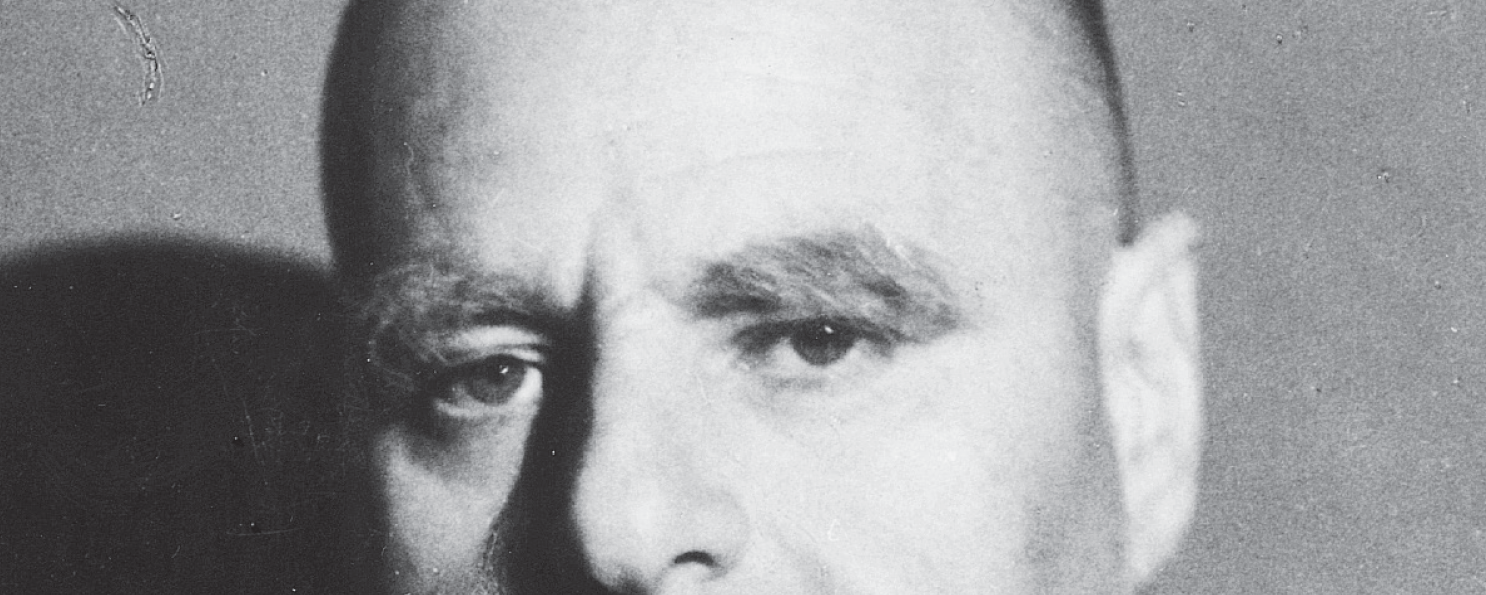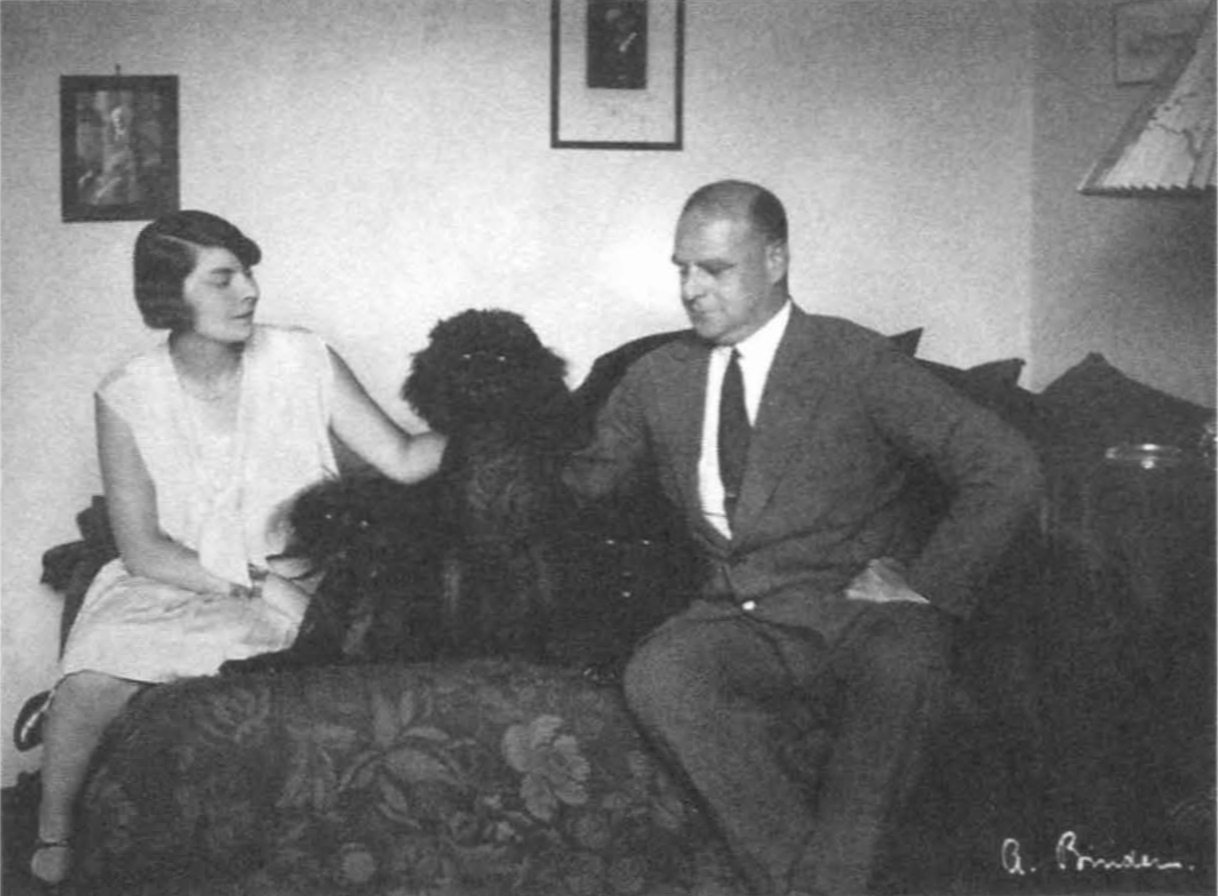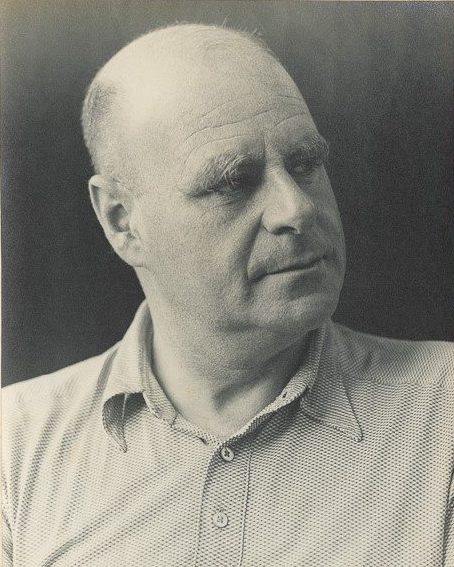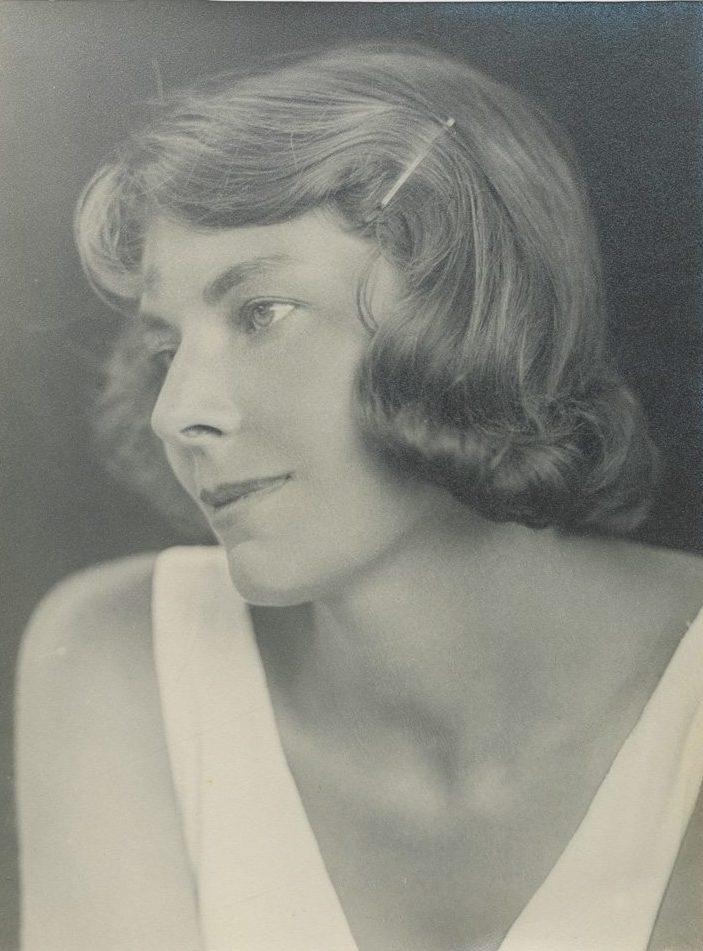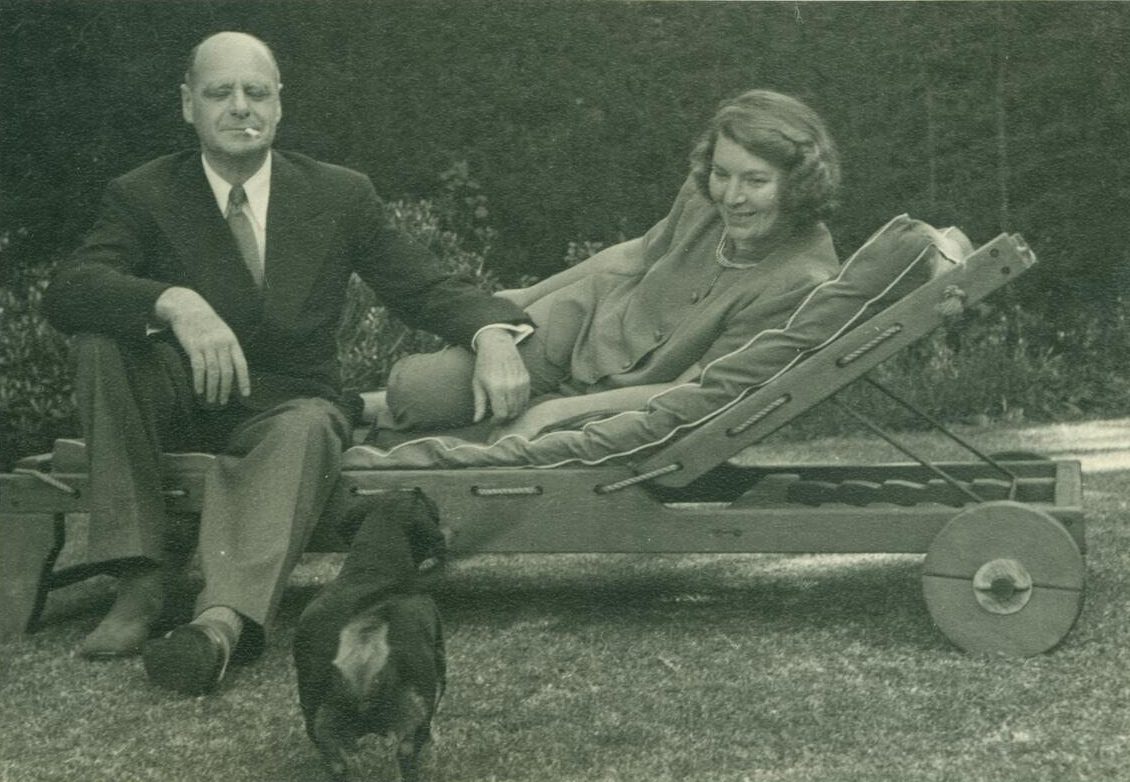Liesl (1903-1979)
& Bruno Frank (1887-1945)
The writer Bruno Frank, from a wealthy family of German-Jewish bankers, and his wife Liesl, daughter of the famous Jewish singer Fritzi Massary, were already Thomas Mann’s neighbours in Munich before meeting up with him in Sanary. They left Germany immediately after the Reichstag fire in February 1933, Bruno Frank sensing the terror of the Nazi regime. From 1935 to 1937, the couple lived between London and Salzburg, but occasionally returned to Sanary before emigrating to California.
A neighbour and friend of Thomas Mann in Munich from 1925, Bruno Frank was a man of contradictions. He liked to pass himself off as a “bon vivant”, but wrote with restraint and moderation, while playing a significant role in the literary scene of the Weimar Republic. He achieved success in the late 1920s with, among other works, the comedy Sturm im Wasserglas (A Storm in a Glass of Water) and the novel Politische Novelle (The Novel of Locarno), which focused on Franco-German reconciliation after the First World War. He warned early on about the rise of Nazism, and in the aftermath of the Reichstag fire, he emptied his bank accounts and left Germany with his wife Liesl.
They first lived in Switzerland, then alternated between Salzburg and London, before settling in Sanary. Bruno Frank maintains a close friendship with Lion Feuchtwanger, courts his wife Marta and turns a blind eye to the passionate affair between his wife Liesl and Lion. He was also friends with Thomas Mann’s son Klaus, whose efforts he supported in creating the monthly magazine Die Sammlung (The Collection), which brought together the various anti-Nazi groups in the emigration movement.
In the summer of 1934, Liesl’s mother, Fritzi Massary, a famous Austrian operetta singer, joined them in Sanary. Fritzi, despite her conversion to Protestantism in 1903 and her great popularity in Germany, was whistled at during a performance because of her Jewish origins and had to flee the country. At the end of 1934, the Frank family left Sanary and moved to London, but returned often. In 1937, they emigrated with Fritzi Massary to Los Angeles. From their Californian exile, Frank fought unceasingly against Hitler’s regime and, with his wife, actively supported colleagues in distress who had remained in Europe.
In their Californian exile, the Franks became neighbors of Thomas Mann once again, though not for long. Bruno Frank died of cardiac arrest on June 20, 1945, in Beverly Hills. Thomas Mann delivered the eulogy at his grave. Liesl later remarried twice, and with her third husband, returned to Germany, where she died in Munich in 1979.
TO FIND OUT MORE
The Jacques Duhamel multimedia library in Sanary-sur-Mer has a collection of books on the theme of the memory of exile in Sanary.

